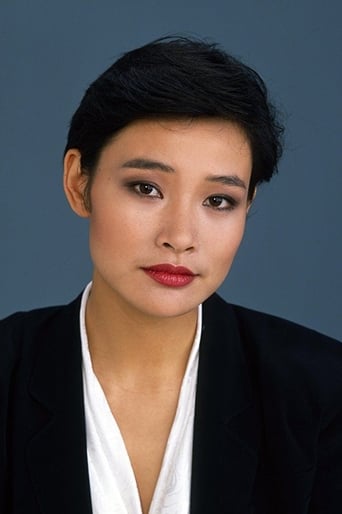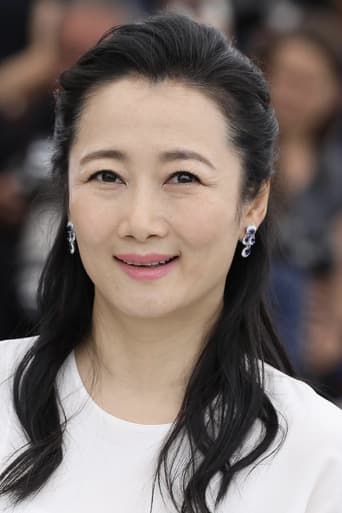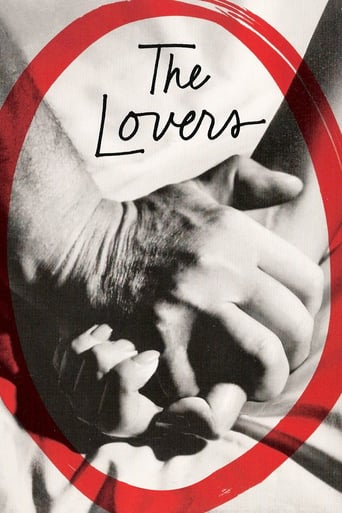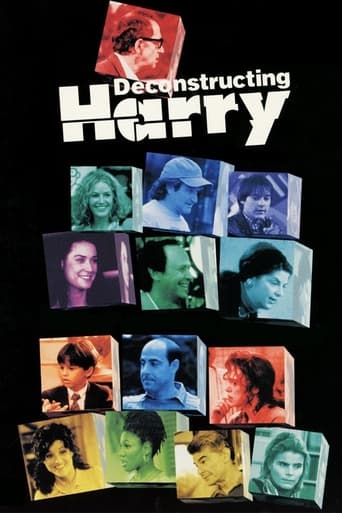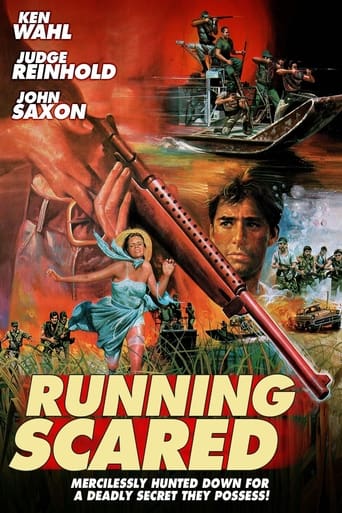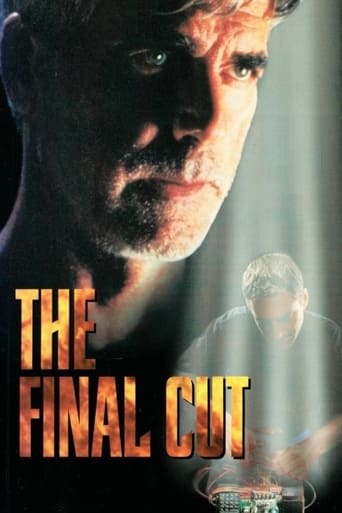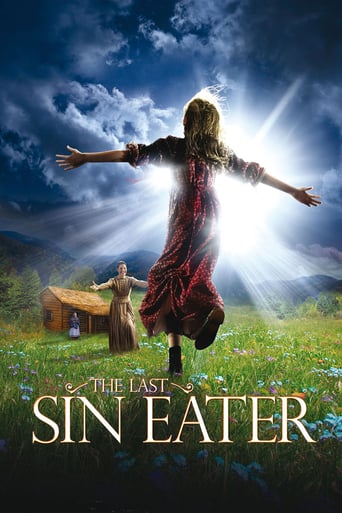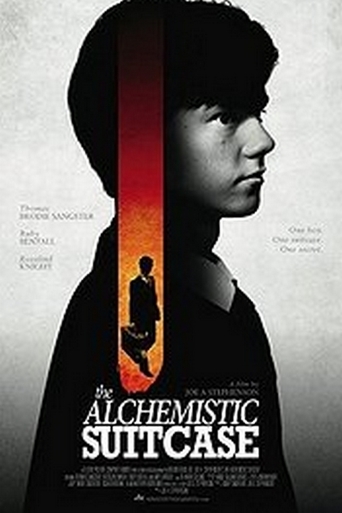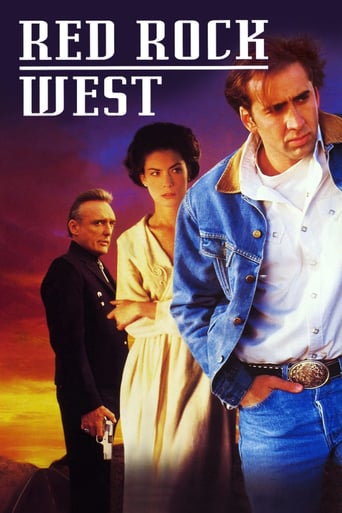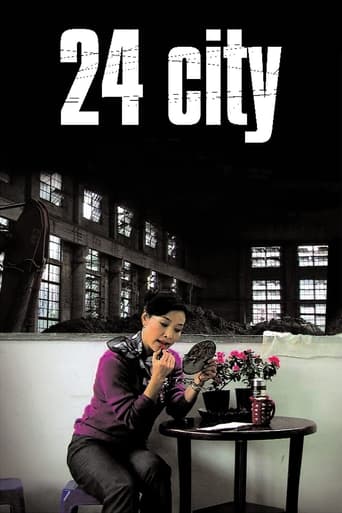
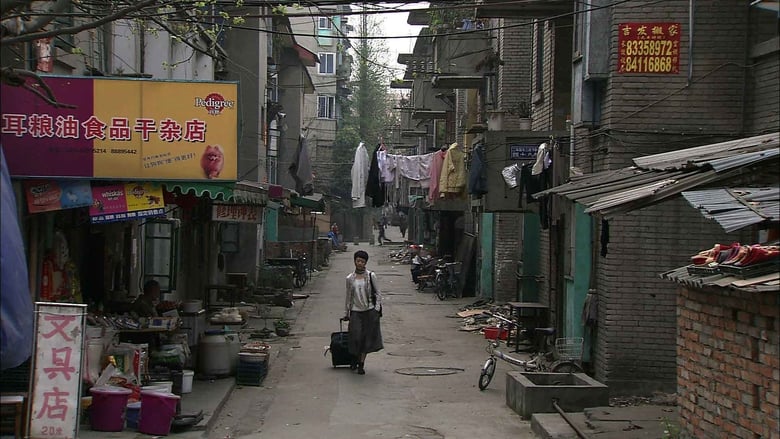
24 City (2008)
24 City chronicles the dramatic closing of a once-prosperous state-owned factory in Chengdu, southwest China and its conversion into a sprawling luxury apartment complex. Three generations, eight characters : old workers, factory executives and yuppies, their stories melt into the History of China.
Watch Trailer
Cast
Similar titles
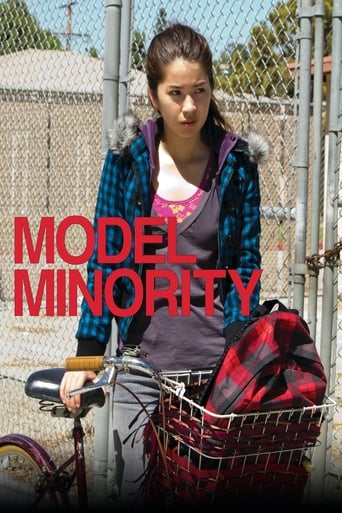
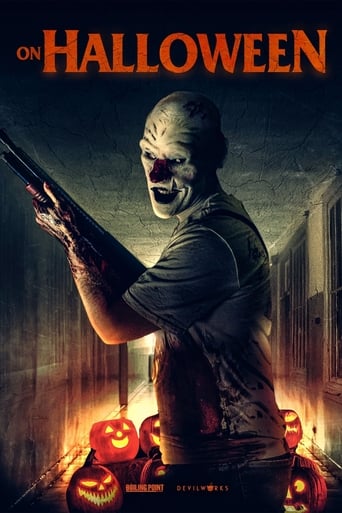
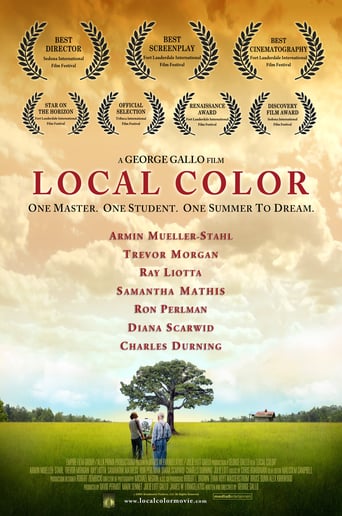
Reviews
Powerful
Tells a fascinating and unsettling true story, and does so well, without pretending to have all the answers.
Easily the biggest piece of Right wing non sense propaganda I ever saw.
The movie's not perfect, but it sticks the landing of its message. It was engaging - thrilling at times - and I personally thought it was a great time.
In general documentaries are underrated, although they are often more perplexing than fiction. In particular the documentaries that employ a personal approach offer plenty of opportunities for empathy and identification. The film "24 city" about the life in a Chinese factory is certainly a piece of art. By sheer coincidence, China has been the host to many similar produces. Joris Ivens was hooked on China, and made among others "The 400 million" (1939, about the resistance against Japan), "La Pharmacie 3" (1976, about a pharmacy) and "Une histoire de ballon" (1976, about a school). The latter two documentaries were recorded during the notorious Cultural Revolution. Much later there was "China blue" of Peled, about life in a Chinese textile factory. And now we have "24 city", this time made by a native producer. We are introduced to some ten people with various backgrounds, who are in some way involved in factory 420. Their stories give a lively impression of the Chinese community and nation in the past sixty years. Of course the backcloth, the production for the military air force, is not neutral. It is well known from American research, that the military-industrial complex is cherished by the state and makes excessive profits. And indeed the laborers of factory 420 have privileged working conditions. Therefore it is surprising to hear, that after the war against Vietnam the factory came in penury, in spite of the strong national economic growth. The production even had to be diversified to fridges and washing machines for the consumer market. Obviously the Chinese politics has not been directed towards imperialism. On the other hand, it suggests the attempt of the military to penetrate civil markets, similar to the habits in for instance Egypt. In the same vein, the factory apparently engages in the development of real estate. The factory 420 employed several thousands of workers, which had been mainly recruited from the country side. In fact the film shots suggest that the equipment is primitive and outdated. The location Chengdu had been selected, because in the fifties its position appeared safe from a strategic point of view. The first workers had to travel for two weeks in order to reach their new destination (and afterwards didn't have enough money to visit their family). A moving story tells about a married couple, who on their journey to the factory lost their little son during an intermediate stop. You would guess that they would temporarily split up or so in order to find him, but no, they didn't want to miss the boat and simply continued their journey without the boy. Perhaps this is less astounding, if you consider the instrumental role of children in large parts of Asia (and South-America and Africa, by the way). Lack of food and health care, physical cruelty and even infanticide are common. Considering that the production is on a mass scale and cheap labor prohibits the automation, the activities in the factory are repetitive and mind numbing (a characteristic of all serial production). Still the original workers, who undoubtedly remember the past famines, accept these circumstances. On the other hand, the youth of the past decades appears to develop a different attitude, and demand satisfaction in their work (which however in an industrial environment seems too ambitious). The film clearly shows that since the fifties the young workers had always craved for a marriage, but apparently especially the earlier generations experienced severe problems, due to the loss of their traditional society and due to lacking personal social skills. In spite of the Cultural Revolution, class differences still abound (the inequality in China and the USA is comparable). There is little room for happiness and social well-being in factory 420. Still, the Bolshevists tried to create close and autonomous communities in their factories. Just like the others, factory 420 had its own schools, cultural and sporting facilities and even food. The workers engage in social games in tea houses, and in dancing and singing (The Internationale in Chinese). All in all, "24 city" definitely is thought-provoking. The geostrategical importance of China explodes, and therefore the introduction of democratic control mechanisms is clearly overdue. You can see in the film how its absence keeps the people in a strait-jacket. If you enjoy social and labor issues, consider seeing my other reviews (I discovered 24 city thanks to a reference).
This movie is by far his best IMHO. The flow is engaging and natural while the 'empty' spaces in between narrations are not unlike those quiet passages in Chopin's piano pieces or the white spaces in the classic Chinese paintings.I used to think Joan Chen only as a pretty face. But her performance here, even though short, changed my view completely. She can really act and act well! And she's still beautiful more than ever. Gawd bless her! The other pro actresses have proved their mastery in acting long ago and didn't disappoint here either.But the most credit has to go to the writer/director Jia - these short stories never really intertwine with each other as a plot, but together they are so strong and compelling that makes any smart and coy plot pale in comparison. Jia again nailed the pulse of the real life drama right on without wasting much of anything.I can't help but feel sympathetic to those who can't get 'it' because of the lack of background knowledge about the modern China. Only it's ironic, or even rather sad that, for such an iconic Chinese master movie maker with such a quintessential Chinese story telling, only found his fame mostly outside China today.Once a famous jazz critic wrote that if you remove all the names of the white jazz players from its history, you haven't changed jazz a single bit. IMHO, by the time the outside world gets tired of the curiosity of Jia, over time his mastery will establish itself in China and only then will he find his real audience.
This review is primarily in response to Barry Freed's, whose take on the film is so wildly different from mine it makes me wonder if we saw the same movie.I LOVED this movie. I think the quasi-documentary style is wholly winning and adds a lot to the story. As far as defending Jia's decision not to do a "traditional" documentary, I guess I just have to give him the benefit of the doubt. If he had wanted to do a "traditional" documentary, then he would have done so. I feel that Jia is an accomplished enough artist that I can assume he has an instinctive sense of what will best serve a particular story. Clearly, in this instance, he decided on a fact/fiction "blend", and to my mind, he made the right call.While watching this, I couldn't help but think of Werner Herzog and his theory of "ecstatic truth" ("I know that by making a clear distinction between "fact" and "truth" in my films, I'm able to penetrate into a deeper stratum of truth that most films never attain. This deep inner truth inherent in cinema can be discovered only by not being bureaucratically, politically, and mathematically correct." - W. Herzog). While I'm not (necessarily) making a comparison between Zhang-ke and Herzog, I feel that they are very much after the same thing. Whether an essential truth can be best conveyed using actors or non-actors, using a documentary or drama approach, etc. are questions that both directors obviously struggle with, and I feel that they have come to similar conclusions. They (to my mind) have opted to fuse the two approaches, in an attempt to remove intellectual and emotional barriers between the people on-screen and the people in the audience. And more often than not, that approach works, and works in a very powerful way.Finally, I thought the performances, without exception, were utterly devastating and mind-blowing. I don't know what Jia does to his actors to get performances of that caliber, but whatever it is, he needs to keep it up. I think this is an excellent companion-piece to "Still Life", and a beautiful addition to his body of work. Masterful.
Does a structure of concrete and steel have life? You bet, if interwoven with the stories of people from three generations and a variety of backgrounds and aspirations. This is exactly what Director JIA Zhangke accomplished with this project. The transformation of "Factory 420" (an aviation engine factory built in 1958) into a modern-day upscale apartment complex "24 City" is documented in 8 or 9 interviews (depending on which film festival program you are read – Cannes 08, TIFF 08 or HKIFF 09). Through these stories that are sobering, often touching and sometimes humorous, the concrete and steel structure "Factory 420" acquires a life of its own, from birth to demise and rebirth as "24 City". This structure in turn serves as a motif for witnessing the vicissitudes and development of the city Chengdu.Despite the fact that there is no dramatisation of these stories, which are told, literally, by the interview objects right in front of a stationary camera all the time, they are mesmerising. The interviewees are as varied as can be: an old factory worker, and even older party (Communist) official, a factory executive in the next generation, an idealistic young man, three women – two from each of the first and second generation workers and the youngest born in 1982, daughter of the factory worker but on her way of becoming a yuppie herself. There are some others, shorter segments which perhaps gives rise to the varying views of how many interviews there are.The poignancy in the older generation is moving, particularly in the cases where it is the real worker. The factory executive's account of his adolescent adventures, including a "puppy love" courtship, provides some comic relief. While the men interviewed are the real people themselves, the three women are professional actors. Joan Chen plays a middle age spinster who has missed her chance when she was the "factory flower". Her portrayal of this woman who at the same time values her freedom and laments her loneliness is superb. At one point, she even plays the "Julia Robert's joke" in "Ocean's twelve" – this worker tells how she is nicknamed "Little flower" because she looked like the actress Joan Chen in a movie playing a character with that name. Director Jia's favourite actor ZHAO Tao (who has appeared in just about every film he has made) plays a 27-year-old woman coming to sudden realization of her love for her mother, an emotion that has hitherto been buried deep down.The film closes with Director Jia's signature super-slow penning camera, a panoramic view of Chengdu from the vintage point of an observation tower.
